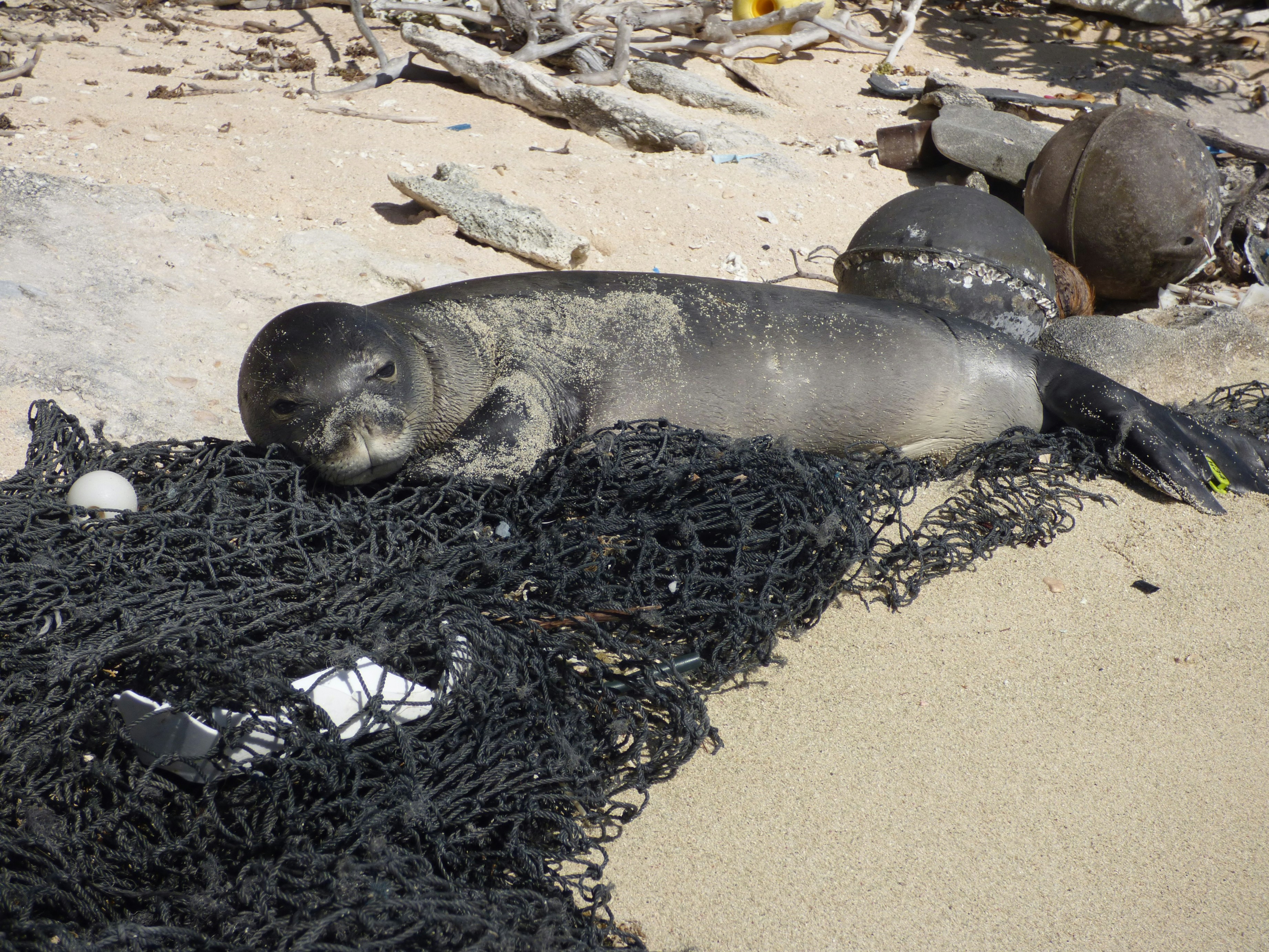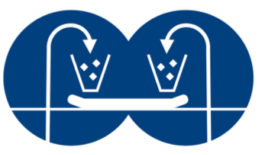Clean Ocean Ensemble is a Japanese nonprofit organization. They develops collection technologies and uses AI-powered tools. By recording data on collected debris through a smartphone app and web maps, Clean Ocean Ensemble visualizes and quantifies cleanup efforts on web maps, improving efficiency and promoting recycling. One of their key activities is the collection of marine debris along the picturesque Tao coast of Shodoshima, located in Kagawa Prefecture, Japan. This region, known for its natural beauty, has faced increasing challenges due to the accumulation of marine litter, a pressing global issue that threatens both marine ecosystems and coastal livelihoods.
The organization conducts systematic debris collection drives, mobilizing volunteers and raising awareness about the importance of clean oceans. After the debris is gathered, Clean Ocean Ensemble follows a meticulous process to ensure the waste is handled responsibly. The collected materials are carefully sorted, identifying items that can be recycled, and separated from non-recyclable waste. These materials are then dried to reduce moisture content, ensuring easier handling and processing. The NGO also takes the extra step to weigh the debris, a crucial effort for documenting the scale of pollution and contributing to broader studies on marine waste management.
Finally, all recoverable materials are sent for proper recycling, maximizing the volume of waste that is repurposed, while non-recyclable items are processed according to local environmental standards. By prioritizing recycling “as much as possible,” Clean Ocean Ensemble exemplifies a commitment to sustainability, reducing the burden on landfills and the environment.
Through their work, the NGO not only restores the beauty of Shodoshima’s coastlines but also raises awareness of the urgent need for global marine conservation. Clean Ocean Ensemble’s dedication is a model for actionable environmental stewardship, inspiring communities to take part in protecting our oceans for future generations.

